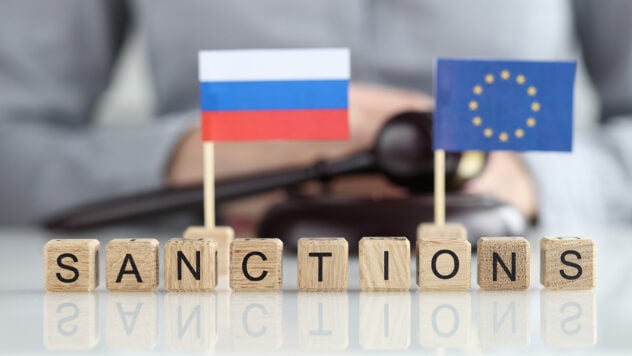
Russia's National Settlement Depository has lost its lawsuit seeking to lift European Union sanctions on €70 billion in frozen securities over its alleged role in helping finance the war in Ukraine.
The National Settlement Depository's Role in Financing the War
According to Bloomberg, the National Settlement Depository (NSD) was hit by EU sanctions in 2022.
The European Union has ruled that the institution, as the main custodian of Russian securities, allowed the Russian government to mobilize its resources to support the war effort. That is, it helps to support the war in Ukraine.
Now watching
Its funds and economic resources were frozen.
However, the NRD appealed to the European Court to invalidate the acts by which it was included in the sanctions lists.
The press release on the court's website states that the EU General Court today, 11 September 2024, upheld the sanctions against the Russian financial company.
— The General Court points out that NSD provides financial services that are of significant value to both the Russian government and the Central Bank of Russia, and that its (NSD's) broader contribution to the proper functioning of the Russian financial system is also of particular importance, — the EU court said in a statement.
The Russian financial institution can still appeal the decision within 2 months and 10 days.
Bloomberg sources said that the national settlement depository currently has about 70 billion euros ($77.3 billion) immobilized in the Belgian clearing center Euroclear.
The profits from these assets have not yet been used to provide financial assistance to Ukraine, but the court's decision could pave the way for this, as the EU did with the assets of the Russian Central Bank, the source added.
Recall that at the end of July, the European The Union allocated Ukraine the first tranche of €1.5 billion from the proceeds of frozen Russian assets.
The funds were sent through the European Peace Fund to support the military potential and reconstruction of Ukraine.
At the same time, Switzerland decided not to seize the proceeds of frozen Russian assets that are placed in Swiss banks.
In accordance with the law and international obligations of Switzerland, the state cannot receive extraordinary income related to the funds of the Russian central bank.

